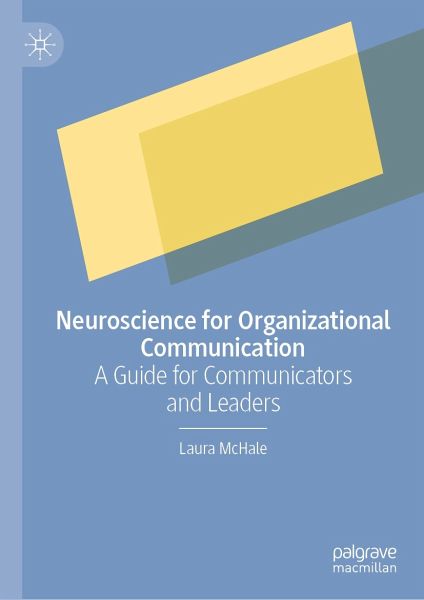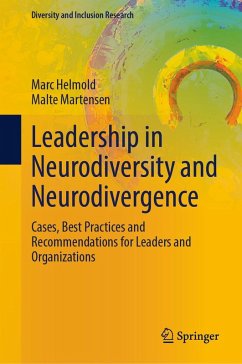
Neuroscience for Organizational Communication (eBook, PDF)
A Guide for Communicators and Leaders
Versandkostenfrei!
Sofort per Download lieferbar
32,95 €
inkl. MwSt.
Weitere Ausgaben:

PAYBACK Punkte
16 °P sammeln!
Organizational communication is at a crossroads and professional communicators and leaders alike need to up their game. In this insightful and practical guide, leadership psychologist Dr. Laura McHale shows how neuroscience can help, surveying the field to reveal the science that is most applicable to organizations and providing an evidence-based approach to dramatically boost the effectiveness and impact of communications. From structural dynamics to occupational aprosodia, from the threat (and opportunities) of GPT-3 to the neuroscience of Zoom fatigue, she takes the reader on a fascinating ...
Organizational communication is at a crossroads and professional communicators and leaders alike need to up their game. In this insightful and practical guide, leadership psychologist Dr. Laura McHale shows how neuroscience can help, surveying the field to reveal the science that is most applicable to organizations and providing an evidence-based approach to dramatically boost the effectiveness and impact of communications. From structural dynamics to occupational aprosodia, from the threat (and opportunities) of GPT-3 to the neuroscience of Zoom fatigue, she takes the reader on a fascinating journey of how neuroscience can help unlock the potential of communicators and the organizations they work for.
Dieser Download kann aus rechtlichen Gründen nur mit Rechnungsadresse in A, B, BG, CY, CZ, D, DK, EW, E, FIN, F, GR, HR, H, IRL, I, LT, L, LR, M, NL, PL, P, R, S, SLO, SK ausgeliefert werden.












